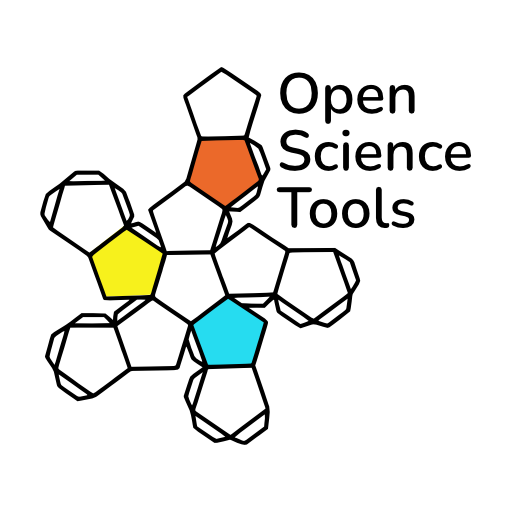Conference Events
Thursday, April 24 | 8:00 AM – 9:00 AM
Mentor Match Event
Join the SANS Trainee Committee on Thursday, April 24, from 08:00-09:00 as they kick off the Conference with a complimentary Mentor Match Event.
The Mentor Match initiative provides a mechanism for the SANS community to build new bridges with each other, and more specifically, between the faculty and the trainee communities. Once you receive your pairing (via email), we encourage you to connect in advance (virtually) and then connect in person at the event. Coffee and pastries will be available for participants.
Sponsored by:


Thursday, April 24 | 5:00 PM – 6:00 PM
Comic SANS

Three Social and Affective Neuroscientists walked into a bar. 500 more followed and called it a conference. Back by popular demand, Comic SANS, a comedy showcase that brings together the SANS community and the research topics they love! Come see your favorite scientists perform stand-up, comedic readings, and participate in silly games.
Friday, April 25, 2025
Tommy O’Toole’s Pub Chicago
EDIJ Social | 5:30 PM
Join the Equity, Diversity, Inclusion, and Justice Committee for a meet-up to bring together SANS members from underrepresented/minoritized or marginalized groups and celebrate our shared community. This event is meant to foster belonging and encourage networking among members. The meet-up is open to all SANS members interested in attending.
SANS Social | 6:30 PM
Join your colleagues from SANS for a casual “drop-in” style evening of fun and entertainment. This meet-up is open to SANS attendees. Meet and share ideas with colleagues over drinks. Please wear your conference name badge to attend.







